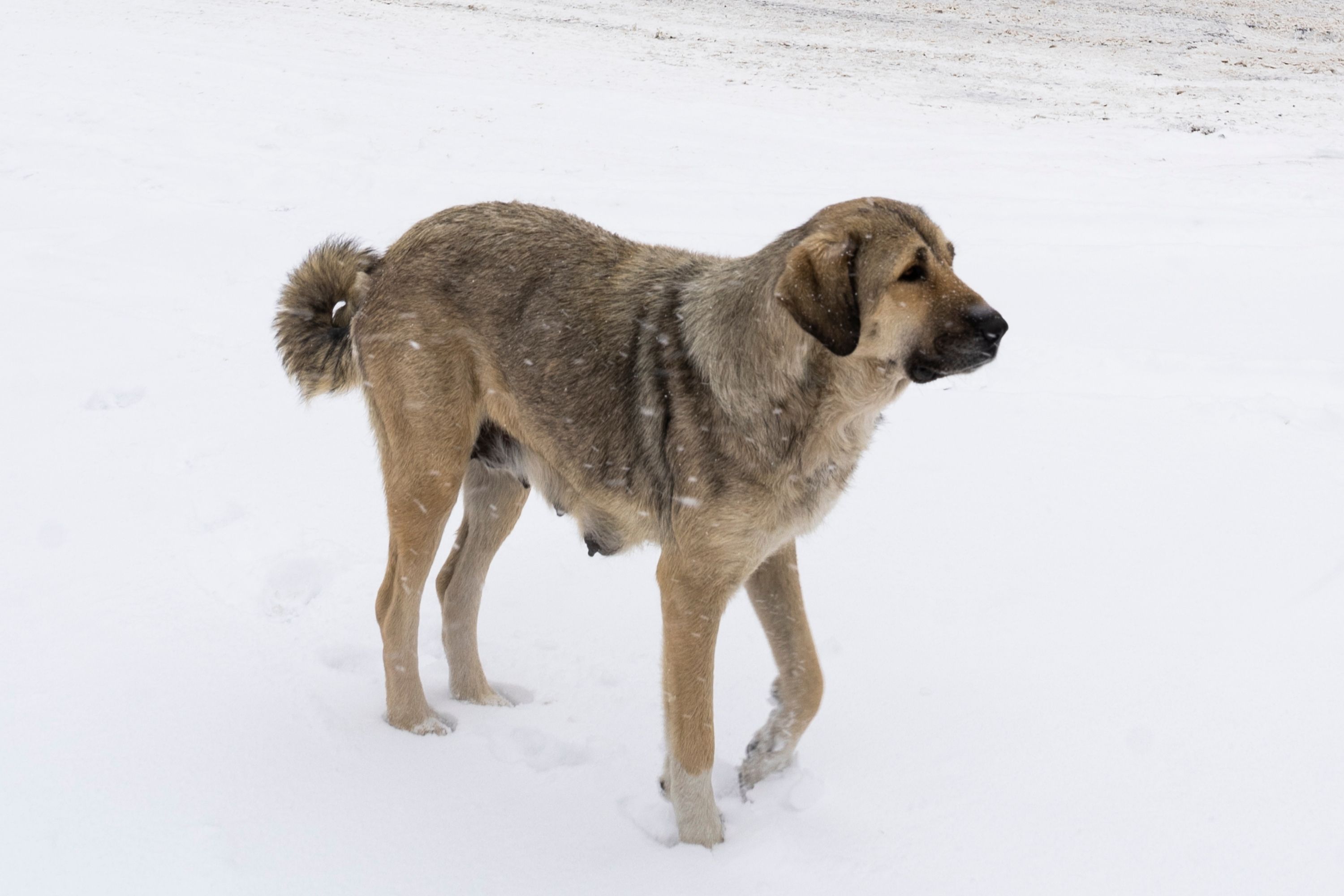Kars
(Kars)

Description
The Kars dog, also known as the Kars Shepherd, is a large and powerful breed of dog that originated from the Kars region in eastern Turkey. This breed is known for its loyalty, strength, and fierce protective instincts. In this article, we will explore the history, characteristics, temperament, and care requirements of the Kars dog. History The Kars dog has been in existence for thousands of years and is believed to have been developed from ancient mastiff-type dogs that were used for guarding and hunting purposes. The breed was primarily used as a livestock guardian dog, protecting sheep and cattle from predators such as wolves and bears. In recent times, the Kars dog has gained popularity in Turkey as a family pet and is often used by law enforcement agencies and the military for security and protection purposes. Characteristics The Kars dog is a large breed, standing between 26-30 inches at the shoulder and weighing between 100-140 pounds. They have a thick double coat that is usually white or fawn in color, with some black or gray markings. These dogs have a strong and muscular build, with a broad chest and thick neck. They have a broad, flat head with a well-defined stop and powerful jaws. Their ears are medium-sized and can be either folded over or pricked up. Temperament The Kars dog is known for its loyalty and protective nature. They are fiercely devoted to their family and will do everything in their power to protect them from harm. This breed is not suitable for inexperienced dog owners as they require firm and consistent training from an early age. Kars dogs are typically calm and confident, but they can be aggressive towards strangers and other animals. Early socialization and training are essential to ensure that they are well-behaved around people and other pets. Care Requirements The Kars dog requires regular exercise to keep them in good physical condition. They should be given plenty of space to run and play, and a daily walk or run is recommended. Their thick coat requires regular grooming to prevent matting and tangles. Brushing their coat at least once a week is recommended, and they should be bathed as needed. Kars dogs are generally healthy, but they may be prone to certain health conditions such as hip dysplasia and bloat. Regular check-ups with a veterinarian are important to ensure that they are healthy and free from any underlying health issues. Conclusion The Kars dog is a loyal and protective breed that makes an excellent family pet for experienced dog owners. They require firm and consistent training from an early age, as well as regular exercise and grooming. With the right care and attention, the Kars dog can be a devoted and loving companion for many years to come.
Taxonomic tree:







